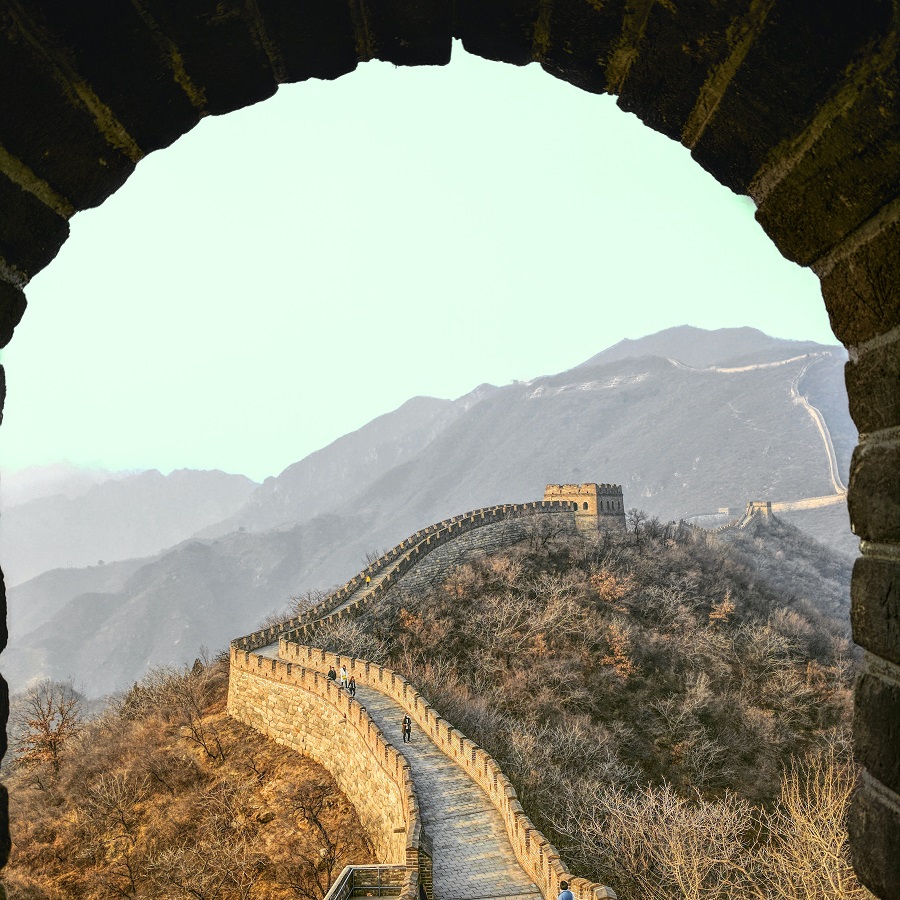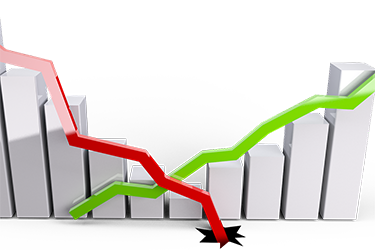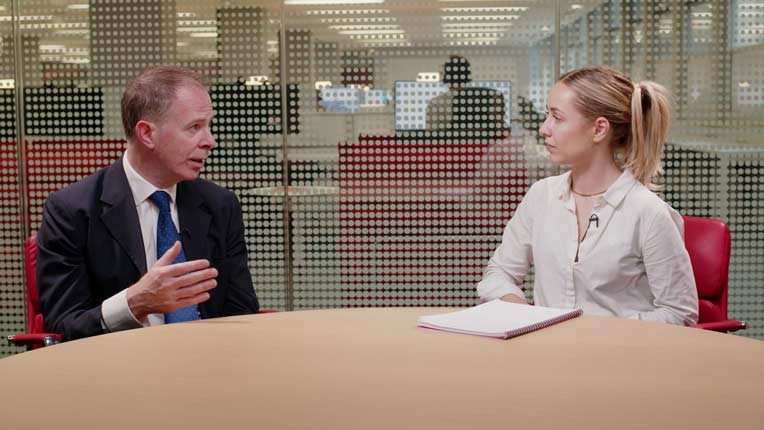Holly Black: Welcome to the Morningstar series, "3 Stock Picks." I'm Holly Black. With me is Rachel Winter. She is Investment Director Killik & Co. Hello.
Rachel Winter: Hi. Good morning, Holly.
Black: So, we've got three stocks today and we're looking at emerging markets. And I think a lot of investors, particularly when they think about individual stocks, might be quite nervous about emerging markets. But you can pick companies that are based in, say, the US or the UK, but they tap into the growth there, because that's where they do their business.
Winter: Absolutely. So, there's lots of growth to be had in emerging markets. But I think, first of all, let's look at the short-term situation versus the long-term situation. Clearly, the long-term potential is quite exciting. In the short term, we have got some concerns about this coronavirus that is spreading out of China. So, in the short term, a lot of these stocks, whether they're based in China or outside of China, which you say but doing business in China, a lot of those stocks have come down quite a lot over the last couple of weeks because of this virus. But if this all blows over, you could say that right now could potentially be a buying opportunity. So, there's quite a few stocks that we are looking at.
Looking at the long-term opportunity, let's look at China, in particular, because I think when people talk about emerging markets, they are largely talking about China. So, growth in China, if we go back to the year 2000, the gross domestic product per person was about $2,000. It was very low indeed. This year, it's probably close to $10,000 per person. So, you've got a huge growth in the level of wealth there. So, I think investors are looking to see where Chinese people are going to be spending that wealth.
Black: So, how do I tap into this? What's our first stock?
Winter: First stock is LVMH, so Louis Vuitton Moët Hennessy, largest luxury goods company in the world. China is a very important market for them if you bear in mind that 30% of global luxury spend comes from China. So, LVMH, based in Switzerland, but does a lot of business in China. It's a very diverse company, involved in champagne and cognac, leather goods, handbags, clothing, perfume, jewelry, having just acquired Tiffany, so a very diverse company, indeed, and incredibly well run. It's achieved what we call a constant annual growth rate of over 10% for the last 20 years.
Black: And this is a beneficiary of that growing wealth and sort of growing demand for luxury spending.
Winter: Absolutely. Yeah, as I said, a huge amount of luxury spend does come from China. And as the country becomes increasingly rich, which really does seem to be the trend at the moment, we would believe that would be a very good news, indeed, for LVMH.
Black: And that's not even just in China, is it, because a lot of the tourists then come to the UK or to the US and do their shopping there. So, companies, these brands get sort of dual benefits?
Winter: They do. They're selling goods all around the world. Clearly, there are lots of Chinese nationals here in London and there is a huge demand for luxury goods from here in London. And lots of that does come from the Chinese population. So, it's a very global business indeed.
Black: Okay. What's stock number two?
Winter: Second one is Starbucks, world's largest coffee company. And I think people tend to think, you know, there's a Starbucks on literally every corner, surely the world has got to be saturated with coffee shops. But if we look at China, the average coffee consumption is just five cups per person per year. So, even though Starbucks has quite a presence there, even though they've opened 600 stores there in last year alone, there is still quite an opportunity for people to drink more coffee. So, we're quite positive on the prospects for Starbucks within China.
Black: What if people don't want to drink more coffee?
Winter: Well, historically, it's a tea-drinking nation. But nevertheless, the trend is very much upwards. People are starting to drink more coffee. And Starbucks has done very well there so far. And we see no reason why that can't continue.
Black: I guess also, they're experts in scaling up, right? They've done it in so many countries.
Winter: Absolutely. It's very much a global business. They've been very smart with how they've marketed the brands. They've positioned themselves as kind of a third lounge for millennials to go and sit in. Some people use Starbucks as an office. They've got drive thru, they've got stores in ski resorts where you can ski up and get a coffee. So, they've been very clever with how they market the brand. And they've also just licensed Nestle to sell Starbucks coffee outside of Starbucks stores. So, now, you can go to a supermarket, pick up some Starbucks there as well. So, they've been very clever with how they're selling their brand.
Black: Okay. What's our final stock?
Winter: Final one is a business called Align Technology listed in the US What they do is they make those clear aligners that are an alternative to the traditional metal braces. They've been very successful because of this whole trend towards selfies, becoming more vain. We've seen quite an increase in, what we call, nonsurgical cosmetic procedures. And braces are very much a part of that. So, Align Technology, which owns the Invisalign brand, has been very successful over the last few years. And they are selling a huge amount into China. At the moment, the company is growing its profits by over 24% per year. But the growth rate in China is quite far above that.
Black: Where are they headquartered?
Winter: Headquartered in the US, but they are selling products and also manufacturing products all over the world. At the moment, they have got factories in China, and there is a bit of a slowdown there at the moment because of these fears about the coronavirus. But nevertheless, we believe the long-term opportunity is still very strong.
Black: Well, thank you so much for your time.
Winter: You're welcome.
Black: And thanks for joining us.




























